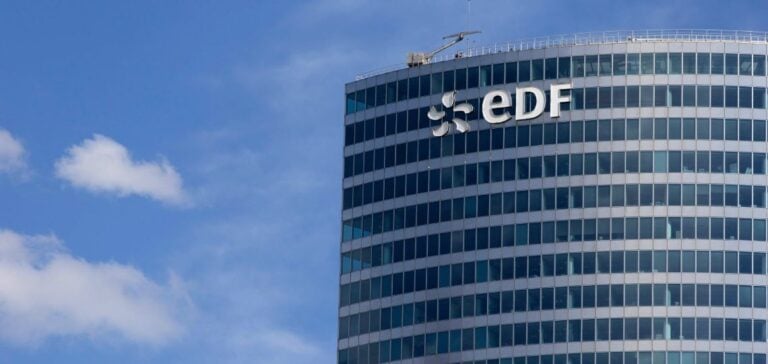Czech authorities recently dismissed EDF’s appeal, which challenged the awarding of a major nuclear contract to the South Korean company Korea Hydro & Nuclear Power (KHNP). This decision concerns the construction of two new reactors for the Dukovany plant, located in the southern part of the Czech Republic. EDF, through its spokesperson, announced plans to appeal the decision promptly to ensure that the selection process adheres to principles of fairness and transparency.
The Czech Office for Competition (UOHS) announced on October 31 its rejection of complaints filed by EDF and the American group Westinghouse. Both companies had appealed Prague’s decision to enter exclusive negotiations with KHNP for the project, valued at several billion dollars. However, the UOHS specified that these companies were entitled to appeal and that Czech energy provider CEZ, which oversees the project, would not be able to sign a final agreement with KHNP until a final decision is issued.
International competition and company appeals
Last July, the Czech government selected KHNP as the exclusive candidate for the construction of new units at the Dukovany plant. This decision was immediately challenged by EDF and Westinghouse, which quickly filed appeals. The American group accused KHNP of using certain technologies without authorization, raising questions about intellectual property and licensing rights.
EDF, for its part, states that its complaint aims to ensure the transparency of the selection process, emphasizing the importance of adhering to international standards when awarding contracts of this scale. The French company also highlighted its experience and ability to contribute significantly to the development of the Czech nuclear sector.
Prague’s goals for nuclear energy
CEZ, which is largely controlled by the Czech state, currently operates two nuclear power plants: Temelin and Dukovany. These facilities, located in southern Czechia, generate about 30% of the country’s total electricity. The project to build two new reactors at Dukovany is part of the Czech government’s strategy to double the share of nuclear energy in the national energy mix by 2050. With the addition of these units as well as small modular reactors, the goal is to have nuclear power reach 50% of electricity production.
Prague plans to finalize the agreement with KHNP by March 2025, paving the way for construction to begin in 2029. According to forecasts, the first of the two new reactors could be operational by 2036, enhancing the country’s energy security and reducing its reliance on fossil fuels.
Financial impact and KHNP’s commitments
KHNP has proposed building the two new units for a total cost of approximately 400 billion Czech crowns, or 17 billion dollars. This project thus represents one of the largest foreign investments in the Czech energy sector. The South Korean company has committed to meeting European nuclear safety standards, in addition to bringing its proven technological expertise to various international projects.
This contract could also benefit the local Czech industry, as KHNP has promised to collaborate with local subcontractors for the construction and maintenance of the future facilities. If the agreement materializes, it could serve as a model of cooperation between South Korea and Europe in the nuclear energy sector.






















